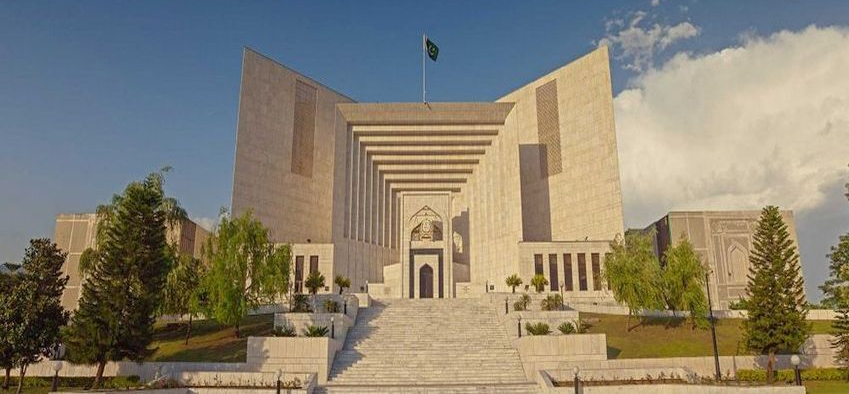Retrospective Legislation should not affect past and closed Transactions unless expressly stated --- Supreme Court of Pakistan
Islamabad 21-09-2024: The Supreme Court of Pakistan has upheld the decision of the Sindh High Court by striking down retrospective amendments made to Section 65B of the Income Tax Ordinance, 2001, introduced through the Finance Act, 2019. The judgment, delivered by Mr. Justice Syed Mansoor Ali Shah, ruled in favor of multiple taxpayer companies that challenged the constitutionality of the amendments.
The amendments had reduced the tax credit from 10% to 5% for investments made by companies in plant and machinery during the tax year 2019 and curtailed the time period during which such investments would qualify for tax incentives. This created a conflict with the earlier provisions of Section 65B, which offered a higher tax credit for investments made between July 2010 and June 2021.
The controversy began when several taxpayer companies, including Mekotex (Pvt.) Limited, Lucky Energy (Pvt.) Limited, and Tata Textile Mills Limited, filed petitions in the Sindh High Court. The companies argued that the amendments introduced by the Finance Act of 2019 violated their vested rights to claim a 10% tax credit for investments made prior to June 2019. The High Court had ruled in favor of the companies, declaring the amendments unconstitutional as they interfered with their protected rights.
The Commissioner Inland Revenue subsequently appealed the High Court decision, arguing that the legislature had the authority to enact retrospective amendments affecting tax credit provisions.
In its judgment, the Supreme Court of Pakistan emphasized several key legal principles, particularly regarding the legislative power of retrospective laws. The Court reiterated that while the legislature has broad authority to enact retrospective laws, such amendments cannot retroactively affect vested rights unless explicitly stated. The Court ruled that the taxpayer companies that had made qualifying investments prior to the amendments had acquired vested rights that could not be nullified by the Finance Act, 2019.
The judgment also highlighted that the power to legislate retrospectively is subject to constitutional limitations, particularly when fundamental rights such as the right to equality before the law (Article 25) and the right to conduct lawful business (Article 18) are impacted.
The Court observed that while Article 142 of the Constitution of Pakistan allows Parliament to enact laws with retrospective effect, such laws must be consistent with constitutional guarantees. It referred to landmark rulings such as LDA Vs. Imrana Tiwana (2015 SCMR 1739) and Molasses Trading Vs. Federation of Pakistan (1993 SCMR 1905), which upheld the principle that retrospective legislation should not affect past and closed transactions unless expressly stated.
Mr. Justice Syed Mansoor Ali Shah further ruled that the amendments, which reduced the tax credit from 10% to 5%, did not apply to investments made by companies before June 30, 2019. As such, the Supreme Court of Pakistan dismissed the appeal filed by the Commissioner Inland Revenue and upheld the High Court’s judgment.
The ruling is expected to have significant implications for the business community, particularly those companies that made qualifying investments in plant and machinery under the earlier provisions of Section 65B. These companies will now be entitled to claim the original 10% tax credit, ensuring they are not adversely affected by the retrospective amendments.
The judgment is a landmark decision reinforcing the principle of protecting vested rights from retrospective legislative changes. It upholds the taxpayer’s right to rely on previously granted tax incentives and underscores the constitutional limits of the legislature’s power to retrospectively alter financial obligations.
For companies operating in Pakistan, this ruling provides clarity and protection regarding tax incentives granted under the Income Tax Ordinance, 2001, and sets an important precedent for future cases involving retrospective amendments to fiscal laws.
This legal news summarizes the judgment in a format suitable for a news publication. If you need any further adjustments or details, feel free to ask.








